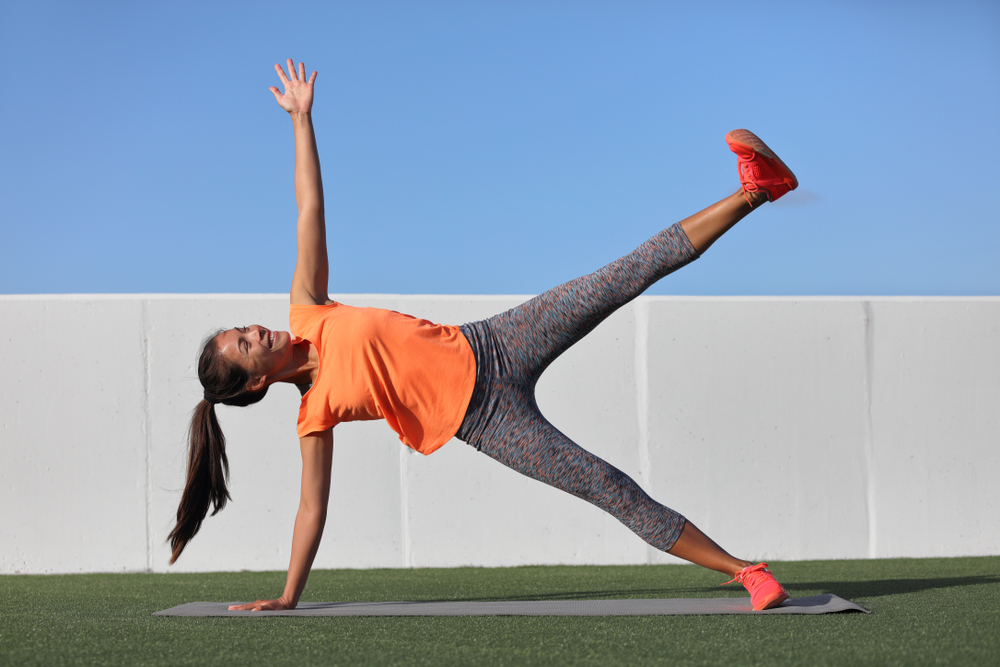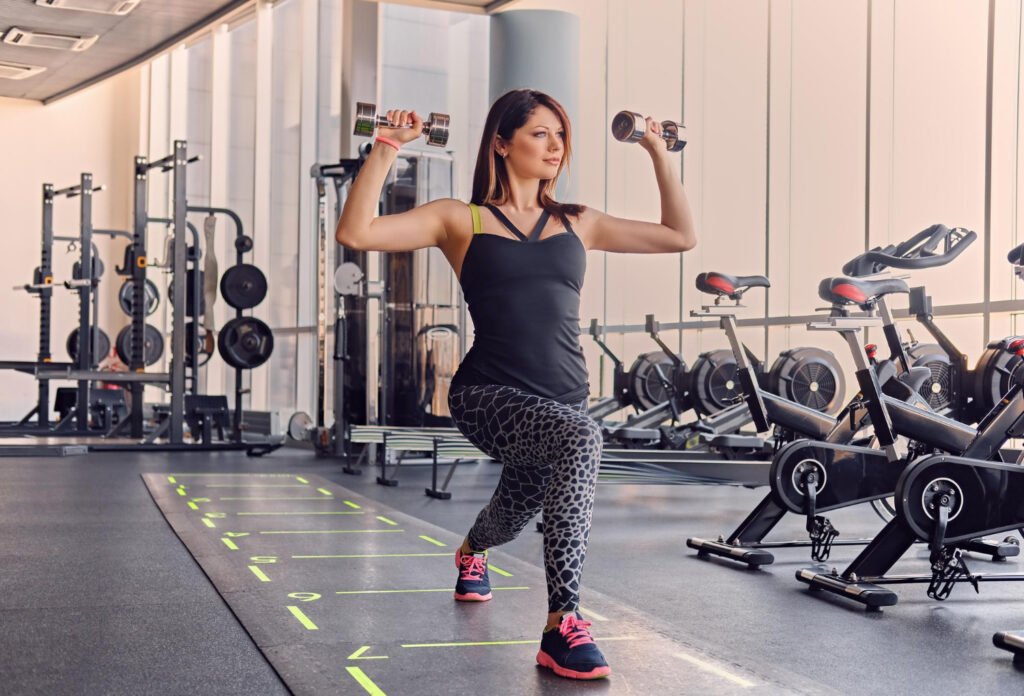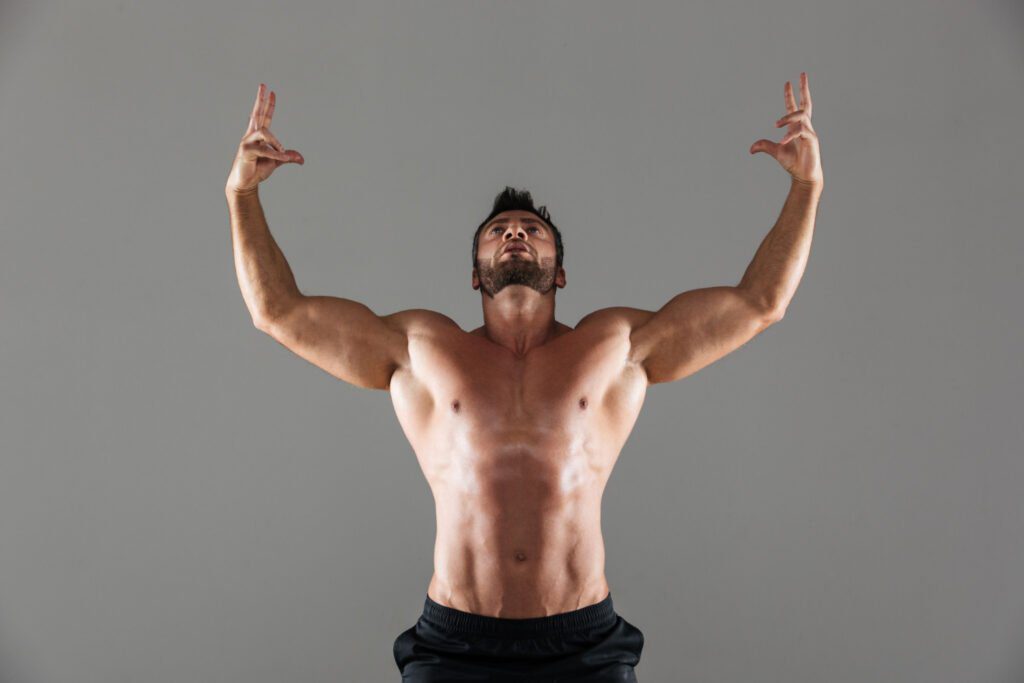” I started lifting weights quite late, at 61 years old, before I only ran, and my gym mates tell me to be careful at my age, that I can get injured with heavy loads, that the tendons are not the same as they were at 20 years old and neither do the muscles. At what age do you advise people to stop going to the gym to train with weights and machines?”
I think this question that Isidoro Ruiz Martín sent us to the SPORT LIFE editorial team is really very interesting and it is worth sharing the answer with all of you. Let’s go with her.
We couldn’t be clearer about the answer… none! There are numerous studies that demonstrate the positive relationship between exercise at an older age and health, and they refer to moderate to high intensity exercises, not walks in the park or swimming at an easy pace.
At What Age Should I Stop Going to the Gym?
One of the latest we have reviewed, published in the European Heart Journal , states that those over 60 years of age involved in intense physical activities are 11% less likely to suffer from cardiovascular diseases and health problems. On the other hand, stopping intense activity is related to a 27% increase in the probability of having poor health and heart attacks, so their conclusion is that “it is never too late to start training.”
The study we are referring to used a sample of more than one million people over the age of 60, both men and women, who were subjected to several studies between 2009 and 2012 by the ‘Korea National Health Insurance Service’ to check their evolution of health status depending on the exercise performed and its intensity.(1)
This study is in line with other similar ones that demonstrate that intense physical activity, even when it begins at an advanced age without the person having previously exercised, produces clinical benefits for those who incorporate it into their lifestyle. It caught our attention to see that benefits were already obtained with just one hour of intense exercise per week. In older people with some type of physical disability, chronic diseases, diabetes, hypertension or high cholesterol, who changed their inactivity for moderate to vigorous physical activity repeated at least three times a week, a significant reduction in problems was also observed. cardiovascular, while lowering the risk of cancer and mortality from other health causes.
What Other Studies Concluded.
Another conclusion that caught our attention is that the health benefits were not maintained when the patients abandoned exercise permanently, a fact that somewhat contradicts the popular thought that states that by doing sports when you are young you are already healthier. , even if you don’t do anything when you’re older. An extra reason to never stop.
Having said this, what is most important from a certain age is to respect the correct training guidelines , warm up before starting some mobilizations, be more progressive when increasing the loads, avoid sudden joint movements and stretch well when finishing, without You may feel pain, just a pleasant tension that helps you regain normal muscle tone.
+1 Source
FitMeMore has strict sourcing guidelines and relies on peer-reviewed studies, educational research institutes, and medical organizations. We avoid using tertiary references. You can learn more about how we ensure our content is accurate and up-to-date by reading our editorial policy.
- Changes in Patterns of Physical Activity and Risk of Heart Failure; https://www.e-dmj.org/func/download.php
How we reviewed this article:
Our team of experts is always monitoring the health and wellness field, ensuring that our articles are updated promptly as new information emerges. See Our Editorial Process
May 13, 2025
Written By: Uttam
Written By: Uttam

 Workout
Workout
 Meditation
Meditation





 Contact Us
Contact Us











